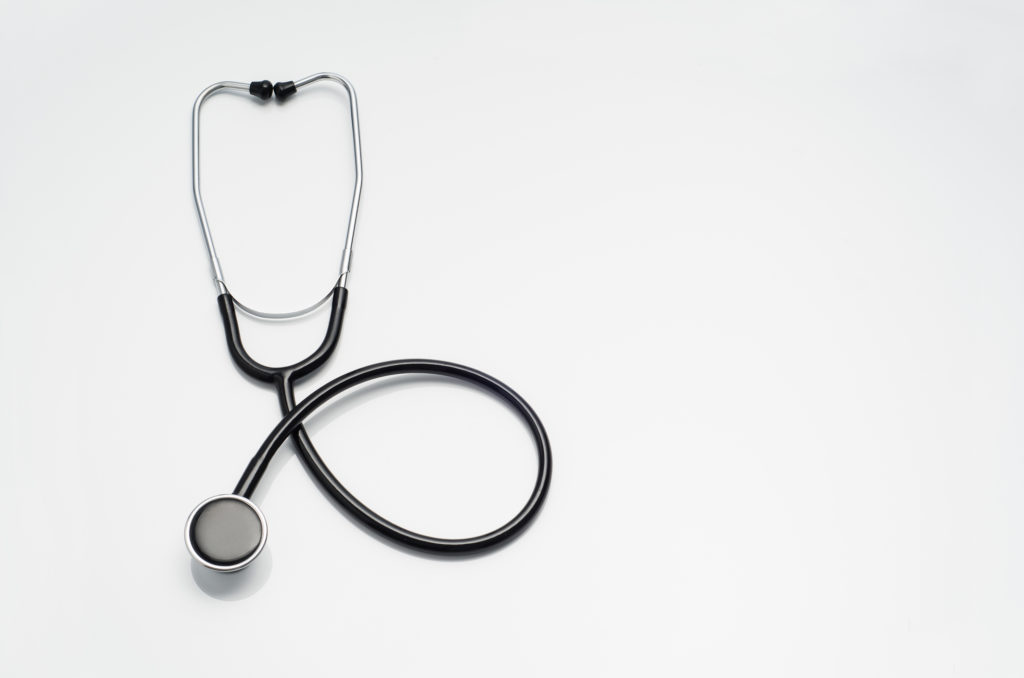Perspectives from an employed-turned DPC doctor

The entrepreneurial spirit is still alive and well in the medical field. Independent physicians who want to retain control of their practice, including having the ability to focus more on their patients’ care, are deciding that working as an employee for a hospital or for a larger practice is just not the right fit for them. Likewise, many independent physicians are realizing the benefits of the direct primary care (DPC) model, for themselves as well as for their patients.
DPC physicians tend to have fewer patients and more time to spend with each patient during the visit. In addition, DPC patients enjoy more contact outside the provider’s office, with the opportunity to communicate with the physician regarding healthcare instructions, medication questions, and other concerns. Physicians Practice recently interviewed one doctor who decided he wanted this kind of practice for himself and his patients.
Landon Roussel, MD, began his medical career as a contract employee of a large healthcare provider. His original contract was supposed to last for one year, but after six months he and his employer parted ways amicably. Dr. Roussel states that he was dissatisfied with his work as an employed hospitalist because he felt that “quality was secondary” to revenue-generating relative value units.
Dr. Roussel launched Communitas Primary Care, a DPC practice to be able to better serve his patients and to stave off potential future burnout for himself as a physician. Dr. Roussel is adamant that “all physicians should be as independent as possible,” for their own benefit as well as for their patients’.
There are challenges with launching an independent practice, particularly one based on the DPC model. Dr. Roussel recognizes the reality of those challenges, but says “at least I can rest comfortably knowing I did my best and did the right thing.” His practice is only about half full at this point, but he has been actively marketing and expects to have a full panel by the end of 2017.






